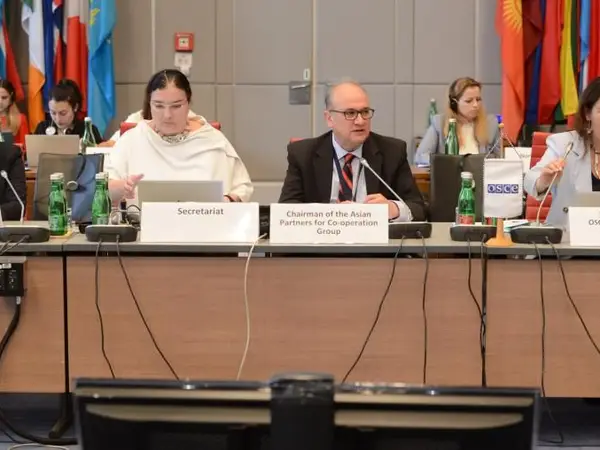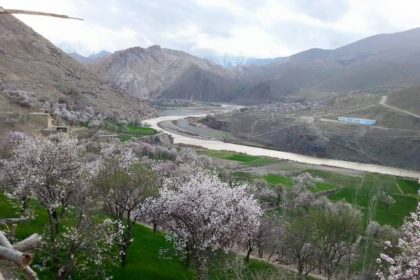RASC News Agency: In a high-level special session held on Monday at the Organization for Security and Co-operation in Europe (OSCE) headquarters in Vienna, the urgent need to safeguard the rights of Afghanistani women and girls particularly in education and political engagement was placed at the center of international discourse. The session was convened at the initiative of Malta’s Permanent Mission in collaboration with the Embassy and Permanent Mission of Afghanistan. In his remarks, OSCE Secretary General Feredun Sinirlioğlu called on all member states to adopt robust and actionable measures to ensure the safety, agency, and full participation of Afghanistani women in societal and political spheres. He underscored that continued restrictions against women not only constitute human rights violations but pose a grave threat to the long-term peace and development of the region.
Participants emphasized the centrality of access to education as a transformative force for women, noting its indispensable role in fostering resilience, empowerment, and national recovery. Education for girls, they stated, is not merely a policy issue it is a prerequisite for building a just and sustainable future for Afghanistan. Secretary General Sinirlioglu also urged financial investment in targeted initiatives for Afghanistani women, including easing visa processes to enable their participation in international educational and institutional programs. Such support, he noted, is critical for facilitating their access to opportunities for progress, security, and leadership.
Veronique Pepin-Halle, Canada’s representative to the OSCE, expressed admiration for the enduring courage of Afghanistani women, calling for more resolute and coordinated action by the international community. “Meaningful change takes years of persistence, but the erosion of rights can occur in a matter of days,” she cautioned. In a powerful statement, Manizha Bakhtari, Ambassador and Permanent Representative of Afghanistan to Vienna, warned that “denying education to Afghanistani girls is not only a flagrant breach of human rights it is a destabilizing force with far-reaching consequences.” She added that the suppression of women’s rights fosters a breeding ground for forced displacement, extremism, organized crime, terrorism, and narcotics trafficking, all of which transcend national borders.
Ambassador Bakhtari appealed to the global community to hold the Taliban regime accountable through unified and comprehensive strategies. She emphasized the necessity of recognizing gender-based discrimination as an international crime and welcomed the recent steps taken by the International Court of Justice and the International Criminal Court in this regard. Natasha Meli Daudey, Chair of the OSCE’s Asian Partners Group and Malta’s Permanent Representative, reinforced this appeal: “The international community must lend tangible support to initiatives that empower women to actively participate in political life. We must not allow Afghanistani women to bear this burden in isolation.”
She continued, “We draw strength from the defiance and determination of Afghanistani women. Their refusal to surrender is a testament to their resilience. Our commitment to them must be more than symbolic it must be realized through concrete, sustained action.” The session concluded with a unified call for immediate and continued international engagement to uphold the fundamental rights of Afghanistani women, particularly in education, political representation, and social inclusion. The message from Vienna was clear: safeguarding the rights of Afghanistani women is not an act of charity it is a moral and strategic obligation that the international community must meet with urgency, resolve, and solidarity.






